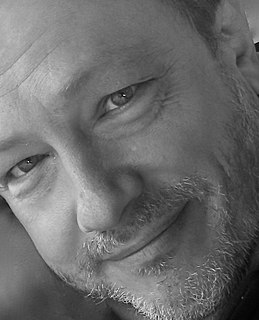A Quote by Deeyah Khan
Music, performance, and a woman is very rarely accepted within Muslim communities.
Quote Topics
Related Quotes
I think it's dangerous to look at every Muslim woman the same and to assume that every experience within the religion is the same, meaning that there are going to be strong and assertive women that are Muslim. There's going to be a more passive woman who just so happens to be a Muslim. There may be a funny, big-personality woman and she's Muslim.
We should not be living in human communities that enclose tiny preserved ecosystems within them. Human communities should be maintained in small population enclaves within linked wilderness ecosystems. No human community should be larger than 20,000 people and separated from other communities by wilderness areas. Communication systems can link the communities.



































